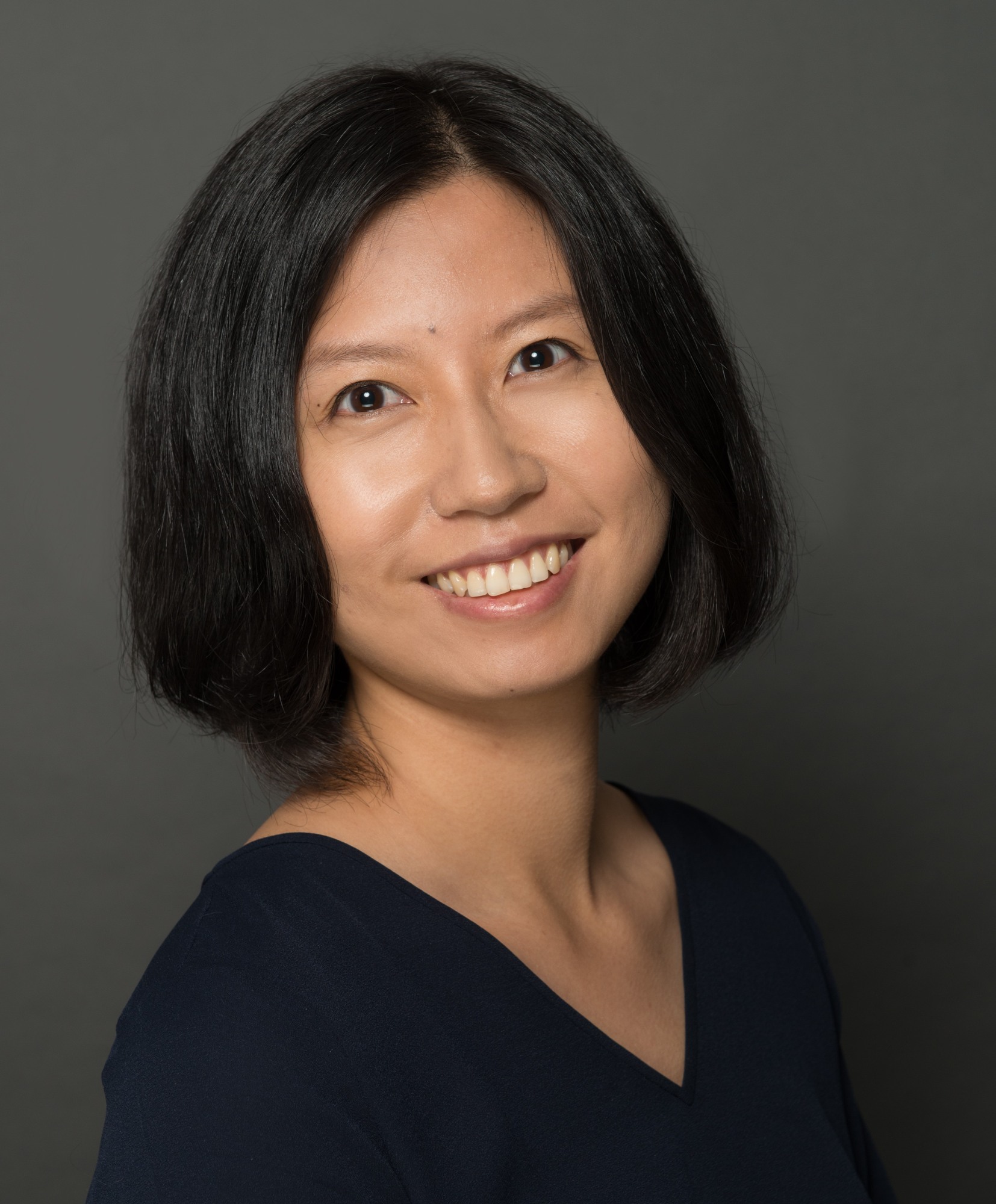Congratulations on your well-deserved award, Dr. Yang! 
Manshu Yang, of the Department of Psychology at the University of Rhode Island, was part of the first cohort of the Advance-K Scholar Career Development Program. This year-long program sponsored by the Brown Division of Biology and Medicine and Advance RI-CTR gives one-on-one and group training to highly qualified junior investigators with the goal of submitting a successful NIH K or equivalent proposal by the conclusion of the program. The K01 Award will help Dr. Yang establish herself as an independent PI.
The Study: Improving Methods for Dealing with Missing Data in Drug Use and Addiction Research: The Use of Later-Retrieval in Ecological Momentary Assessment
In the realm of psychological research, understanding human behavior in its natural context is crucial for accurate conclusions and effective interventions. Ecological Momentary Assessment (EMA) has emerged as a powerful tool to achieve this goal. EMA involves collecting real-time data from participants in their natural environments, offering a dynamic and nuanced perspective on their behaviors, feelings, and social surroundings. However, the issue of missing data often plagues EMA studies, leading to potential impacts and inaccuracies in research findings. Dr. Yang’s study seeks to address this critical gap in EMA research – handling missing data. Dr. Yang states, “Through collaborations with researchers from various disciplines, I realized that two crucial barriers in the use of advanced statistical methods are (1) ineffective communications between methodologists and substantive researchers and (2) lack of easy-to-use analysis tools to implement emerging methodologies. It sparked my interest to serve as a bridge builder and boundary spanner who brings state-of-the-art methods to applied researchers.”
Bridging the Missing Data Gap
To tackle this challenge, Dr. Yang is employing a multi-faceted approach. Drawing on computer simulations and existing secondary data, the study aims to develop novel statistical methods that effectively handle missing data in EMA studies. By employing these methods, researchers can enhance the validity of their conclusions, ultimately leading to more informed interventions and strategies.
In the short term, Dr. Yang’s study seeks to achieve two key goals. Firstly, the project aims to characterize the mechanisms underlying missing data in substance use EMA studies. By analyzing initially observed and subsequently retrieved data, researchers can gain insights into the patterns and reasons behind missing responses. Secondly, the study is committed to developing statistical methods that appropriately integrate later retrieved data into analyses. These methods will enable researchers to incorporate the most accurate and complete picture of participant’s experiences, minimizing issues caused by missing data. Dr. Yang’s long-term goal is to provide substance use researchers with robust and user-friendly statistical tools, so that they can analyze data more effectively and draw meaningful conclusions.
The statistical methods forged through this study hold the potential to help unravel the intricate mechanisms of substance use and addiction. By providing a more accurate understanding of these phenomena, tailored interventions can be designed to address the unique needs of Rhode Islanders, fostering healthier communities.
Keys to Success
Dr. Yang attributes part of her successful award application to the Advance-K Scholar Program. “I found the year-long program extremely helpful. I received useful information regarding what goes into a competitive application and the NIH review process. The excellent feedback from the mentors of the Advanced-K program (especially Dr. Ulrike Mende) on my writing and all the discussions with and suggestions from my K mentors (Drs. Stein, Hogan, Jackson, and Hedeker) are key to my success.” When asked for her advice, she shares: "Be Persistent! I first submitted my application in June 2020 and resubmitted in July 2021. Despite getting a good score of 24 (which was the 7th percentile), the resubmission was still not funded. With the support and encouragement of my mentors and colleagues, I decided to submit a new application in October 2022 and got funded in June 2023." She concludes by crediting her peers in the program for their input: “… it's wonderful to have a community of Advance-K Scholars, where I received advice from different perspectives and positive peer reinforcement to move forward.”
We look forward to your continued contributions to Rhode Island’s research community, Dr. Yang.